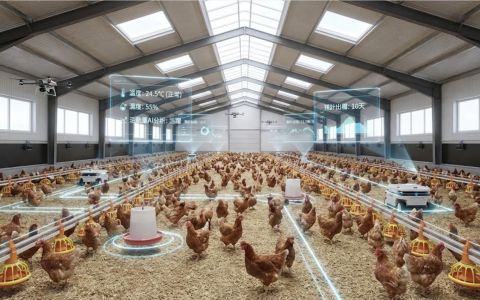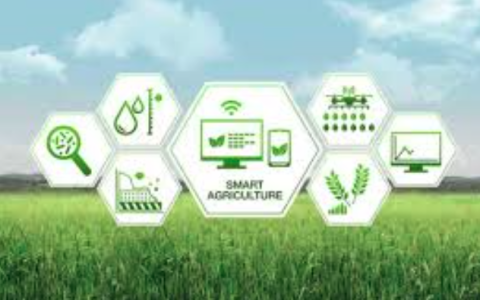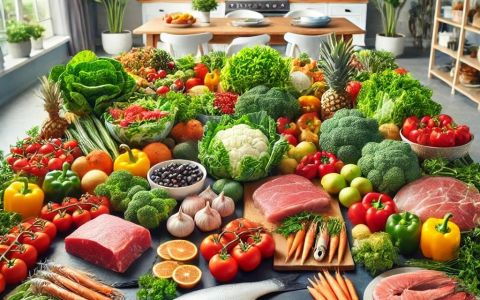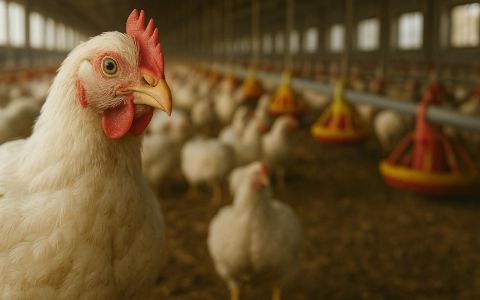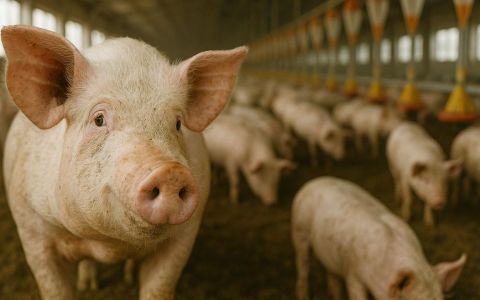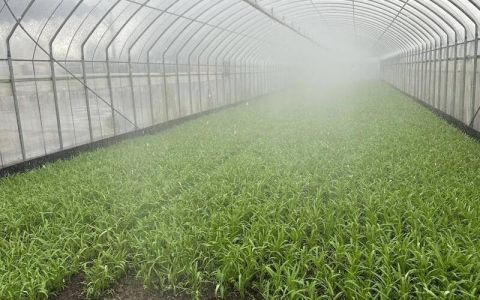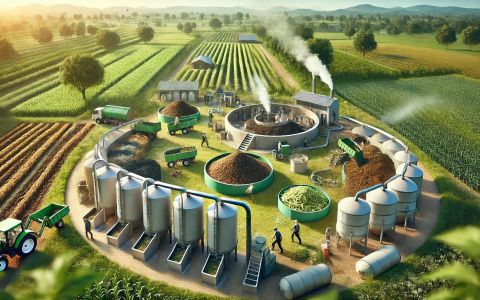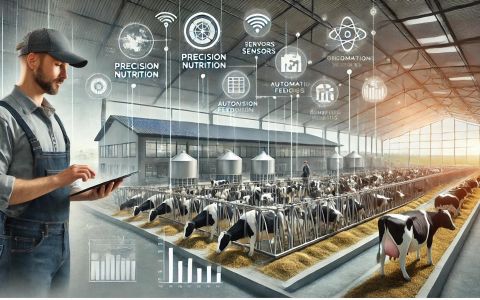Agricultural Products Pre-cooling Flutai TK refrigerated truck/trailer pre-cools the crops from the moment right after harvesting.
Agricultural products pre-cooling refers to removing field heat and accumulated respiratory heat from agricultural products before transporting, refrigerating or processing so that the crops can cool down quickly. Pre-cooling should be completed within a few minutes or hours after harvesting to keep the freshness in time.
Most of the current harvesting process is to leave the agricultural products at the edge of the field after harvesting to await delivery. Then the same batch of the products will transport to a cooperative for vacuum cooling to remove field heat. After that, the crops will be placed in the freezer to maintain the low temperature. Afterward, the products will transport by refrigerated truck to the packing and cutting factories or distributors. However, there is still room for improvement in the current pre-cooling process. First, heat builds up during harvest and is challenging to dissipate when the products are waiting to be transported.
Furthermore, when the products are transported to the cooperative for pre-cooling, there may not be enough space in the pre-cooling facility. Therefore, agricultural products often need to wait outside the cooperative for several hours before pre-cooling. These delays can affect the quality of agricultural products.
To solve the agricultural products' pre-cooling problem, Flutai Co., Ltd. applied the features of the refrigerated truck to propose a whole new pre-cooling solution.
Flutai Co., Ltd., established in 1994, started as an agent for Sanden Corporation of Japan and launched its products into the Taiwan Market. In 2004, Flutai became the strategic partner of Thermo King, the world leader in the refrigeration unit. Since 2005, in addition to providing the services of designing, manufacturing, selling, leasing and maintaining the cold chain logistics-equipment carriages and units, the company also incorporated a refrigerated facility and engineering division to design, plan and construct cold storage central kitchen, etc. Flutai's mission has always been to provide the highest quality products to our clients and be the best cold chain partner for our clients.
Flutai TK refrigerated truck/trailer's operation method is similar to tunnel cooler storage. Flutai's refrigerated container truck adopts the trailer of world No. 1 brand "Thermo King" with the fantastic refrigerating Flutai styrofoam truck body, which can be another option for post-harvest pre-cooling of agricultural products. Flutai proposed the solution to drive the TK refrigerated truck/trailer directly into the field and pre-cool the products in the refrigerated truck/trailer immediately after harvesting. The products are pre-cooled during transportation and delivered directly to the grading, processing or packaging factories without waiting. Flutai's solution provides a complete cold chain approach and significantly reduces the waiting time for delivery, especially during the New Year and busy agricultural periods. In addition, since the solution prevents agricultural products' temperature from rising continuously, it improves products' quality and extends product life.
Other News
This report is based on the 2024 Taiwan Poultry Statistical Manual, published by the Veterinary and Livestock Development Foundation. The following is a quick summary highlighting the key data and development trends of Taiwan's poultry industry in 2024:
Climate change, labour shortages and rising sustainability demands are reshaping agriculture. Here are the key smart farming technologies and trends transforming the sector in 2026.
Taiwan's ready-to-eat agricultural and fishery products and functional foods market is undergoing rapid transformation and growth, primarily driven by modern consumers' high demand for convenience, health, and sustainability. In terms of supply chain, government and private enterprises are heavily investing in automated processing technologies and nationwide cold chain logistics systems to address labor shortages, enhance food safety and quality, and strengthen export competitiveness.
Aquaculture has become a cornerstone of Taiwan's fisheries sector. As of 2023, the industry's production value reached approximately NT$40.2 billion, accounting for nearly 41% of the country's total fisheries output.
Taiwan's poultry industry represents a substantial market opportunity for international equipment manufacturers and technology providers.
Taiwan's livestock production value reaches approximately NT$185.8 billion annually (2021 data), accounting for about 34.6% of the total agricultural output value
Smart irrigation and scheduling tech improve greenhouse farming efficiency in Taiwan, reducing labor needs and increasing productivity.
Taiwan’s agriculture plays a pivotal role in national food security, economic development, and global trade. Despite limited arable land, climate challenges, and an aging rural workforce, Taiwan has developed a highly efficient and technologically advanced agricultural system. Today, the sector is undergoing a digital and sustainable transformation through smart farming, automation, and eco-friendly practices—aimed at boosting productivity, reducing labor reliance, and improving resilience.
Discover how cutting-edge carbon reduction strategies and circular technologies are transforming agriculture, with inspiring examples from Taiwan and Japan leading the way to a greener, more sustainable future.
Integrating smart technologies such as sensors, IoT, and AI into agriculture and livestock sectors enables precise nutritional management, enhancing production efficiency, reducing waste, and promoting environmental sustainability.









